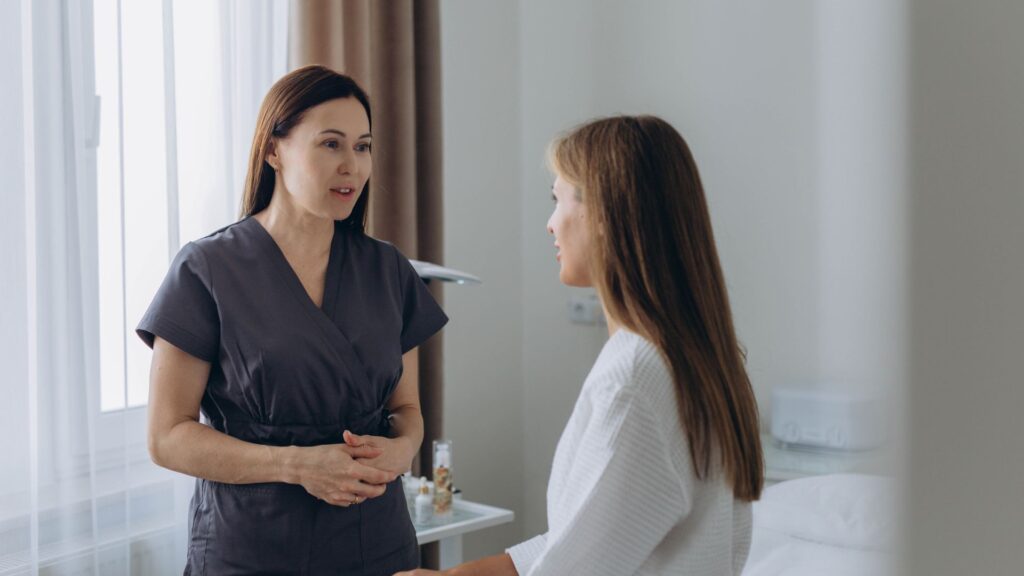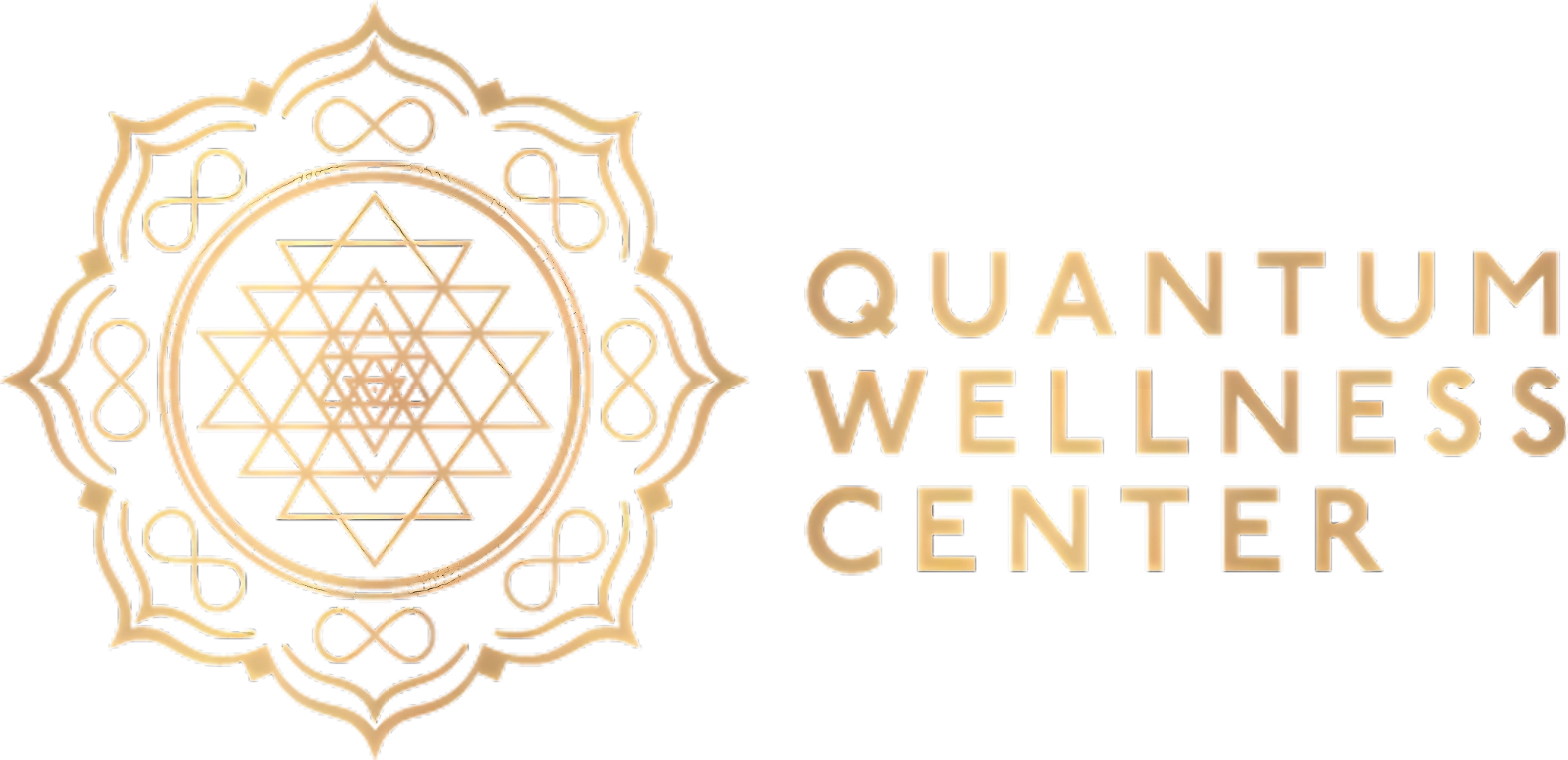The theta chamber is a state-of-the-art therapeutic modality designed to induce a theta brainwave state by synchronizing light and sound stimulation, vestibular motion, and binaural beats.
This article examines the potential side effects of theta chamber therapy and what users should know before beginning a treatment plan.

What Is a Theta Chamber?
A theta chamber is considered a non-invasive treatment device that offers wellness benefits by entraining the brain into a theta state, which is associated with deep relaxation and sometimes used for addiction treatment and mental health concerns such as major depressive disorder.
People undergoing theta chamber treatment often include individuals seeking relief from anxiety, depression, PTSD, insomnia, and chronic pain. The therapy is ideal for anyone committed to overcoming persistent emotional or neurological challenges through a drug-free, non-invasive modality that promotes deep relaxation and supports new neural pathways.
During a typical therapy session, the chamber utilizes various techniques: it spins gently to stimulate vestibular input, tones are played through headphones, and light pulses with slightly offset frequencies help synchronize and calibrate neuronal activity. This stimulation over the dorsolateral prefrontal cortex aims to induce a state of relaxation and improve treatment outcomes, similar to protocols found in transcranial magnetic stimulation (TMS), intermittent theta burst stimulation, and vestibular rehabilitation therapy.
Reported Side Effects
While the therapy offers promising results, including the potential to alleviate symptoms of depression, improve sleep, and promote a sense of calm, users should be aware of possible side effects. Most sessions are well-tolerated, but individual experiences vary based on frequency, treatment plan, and brain chemistry. Chamber therapy is considered safe in systematic review and meta-analysis studies of non-invasive wellness modalities. Still, adverse effects may occur in some cases, especially for those with certain neurological or inner ear sensitivities.
Short-Term Side Effects
The most common side effects are usually mild and transient. During or after theta chamber work, some may experience:
- Dizziness or lightheadedness (possibly related to vestibular motion and inner ear stimulation)
- Mild disorientation or a shifted sense of time and space
- Headaches or slight discomfort
- Fatigue or the need to rest after a session
- Sensory overload (sensitivity to light and sound pulses or frequency)
A small subset of users reports emotional release or mood shifts, which are linked to stimulation in the limbic region of the brain and changes in neurotransmitter activity, like serotonin and dopamine.
Long-Term or Cumulative Effects
Frequent or extended use, especially continuous theta-burst stimulation or high-frequency repetitive transcranial magnetic stimulation, may lead to:
- Changes in sleep patterns—sometimes improved sleep, other times interrupted due to overstimulation
- Occasional emotional instability or mood swings
- A potential for developing dependency on the chamber for deep relaxation during treatment
- Persistent headaches or discomfort in sensitive individuals

Psychological & Emotional Considerations
The power of the chamber to induce a theta state and recalibrate brain chemistry within minutes can sometimes trigger emotional memories, anxiety, or discomfort. For patients with major depressive disorder or trauma, the effects of the stimulation may include intense feelings, mood enhancement, or, rarely, adverse effects such as anxiety or emotional lability.
Physical Health Considerations
Safety of transcranial magnetic stimulation and other vestibular stimulation techniques in the theta chamber is generally established, but certain populations are advised to consult with healthcare providers before use. Those with epilepsy, severe vestibular or inner ear disorders, or unstable cardiovascular conditions should avoid this kind of therapy or similar treatments in the Theta Pod.
Safety Precautions & Contraindications
It’s essential to discuss treatment protocols and calibrate the number of sessions according to personal tolerance and clinical guidance. Sessions are most effective and safest when supervised by a clinician familiar with neural entrainment and therapeutic effects. If adverse effects occur, users should reduce session frequency, alter stimulation parameters, or seek alternative therapy.
Final Thoughts from Quantum Wellness Center
The theta chamber is a sophisticated tool for inducing the brain’s natural theta waves and promoting therapeutic and antidepressant effects through non-invasive stimulation. While the treatment is generally safe and well-tolerated, users should be aware of potential side effects and consult professionals to ensure a personalized, safe experience. Understanding the effects of theta chamber sessions and adjusting the treatment plan as needed will help maximize benefits and minimize risks in mental and physical wellness.
Whether you seek relief from anxiety, insomnia, or chronic pain, or wish to boost creativity and mental clarity, the theta chamber at Quantum Wellness Center offers a unique, scientifically supported modality for wellness in a luxurious and peaceful setting. Its drug-free and non-invasive approach makes it an appealing option for those looking to harness the therapeutic power of the brain’s natural rhythms for mental and physical healing.



